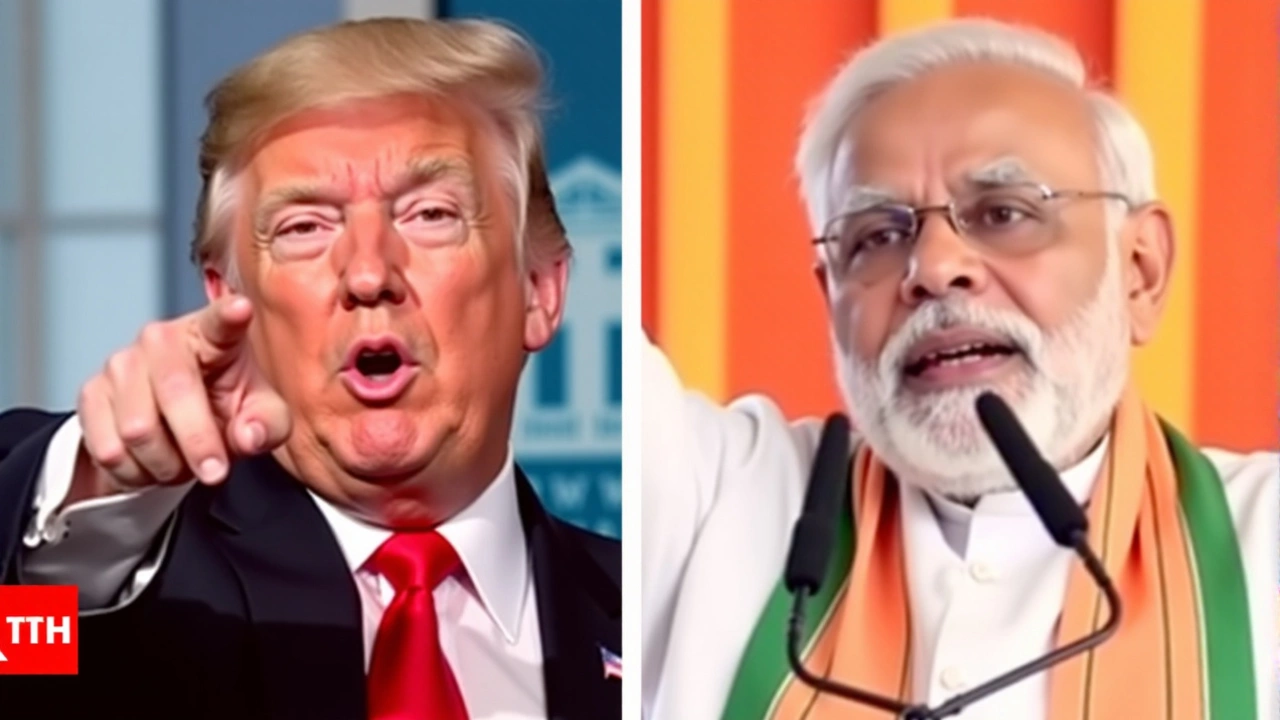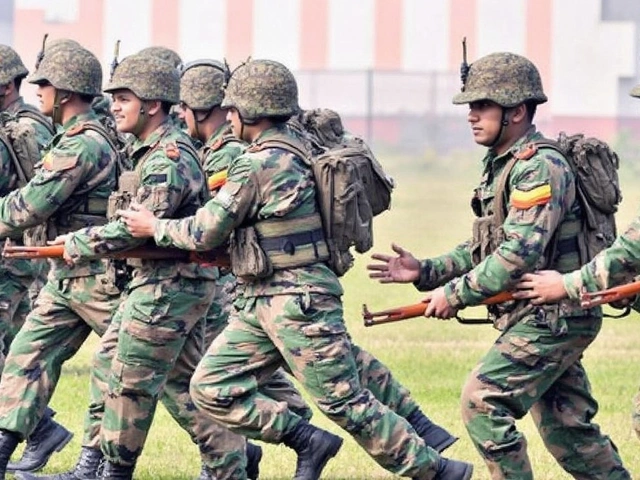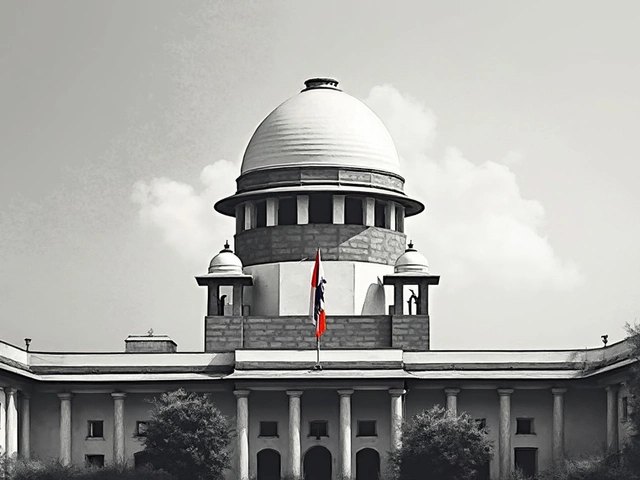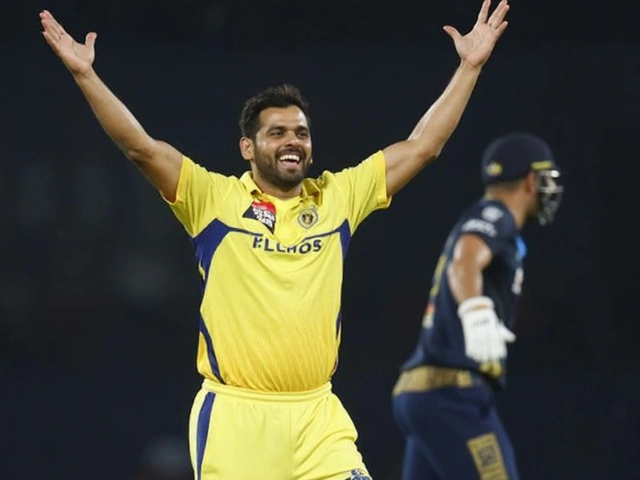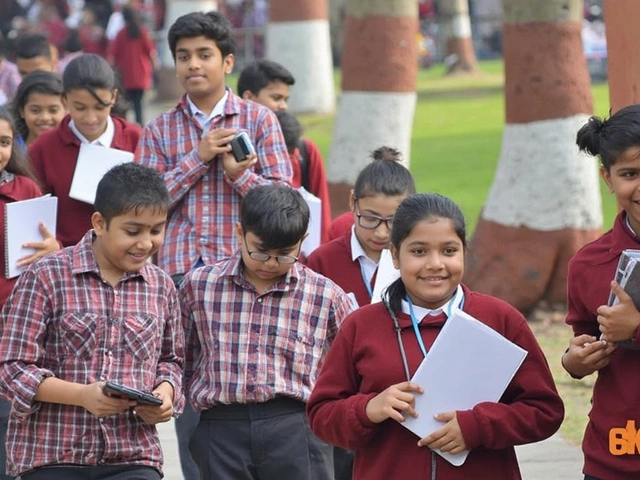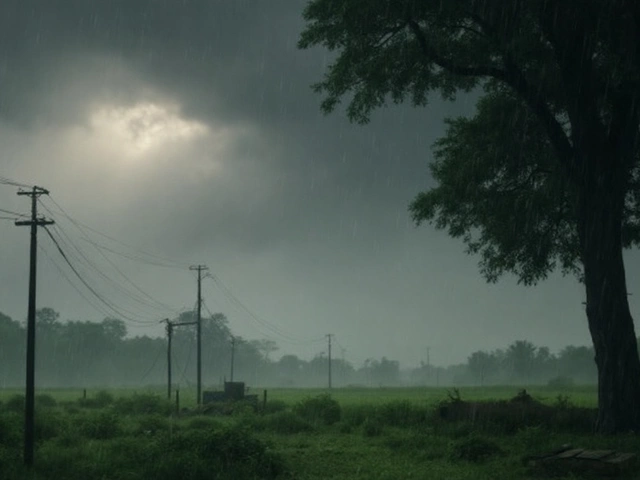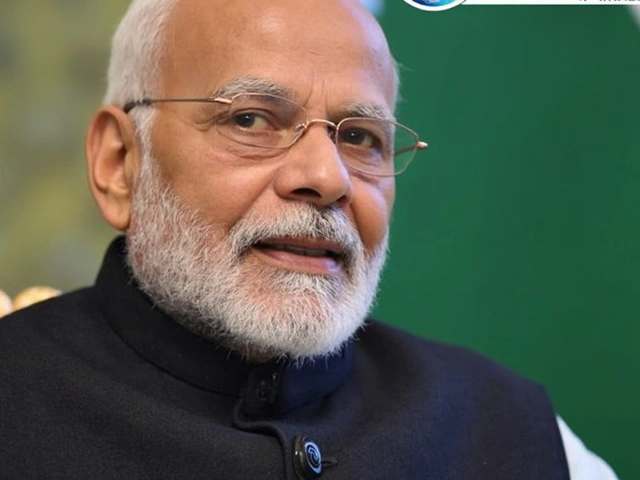The Alarming Freeze on USAID Funding
In a decision that's sending shockwaves across international corridors, the Trump administration has frozen USAID funding, a move that reverberates far beyond U.S. borders. This freeze targets a crucial lifeline for many developing nations, none feeling the pinch more acutely than India. Historically a recipient of $2.9 billion in aid, India now faces an uncertain future, especially in its health and education sectors.
Impact on Health and Education
At the heart of this aid cut lie India's vital healthcare programs. In 2023 alone, these initiatives were bolstered by $120 million from USAID, addressing widespread issues from disease control to maternal health. As these funds hang in the balance, there's a growing worry over the continuity of programs that have been pivotal in transforming public health landscapes in India.
Equally troubling is the potential stalling of education initiatives that USAID has historically championed. These programs are instrumental in bridging educational disparities, providing access to underserved communities. With funding now seized, these efforts are at a disconcerting crossroads.
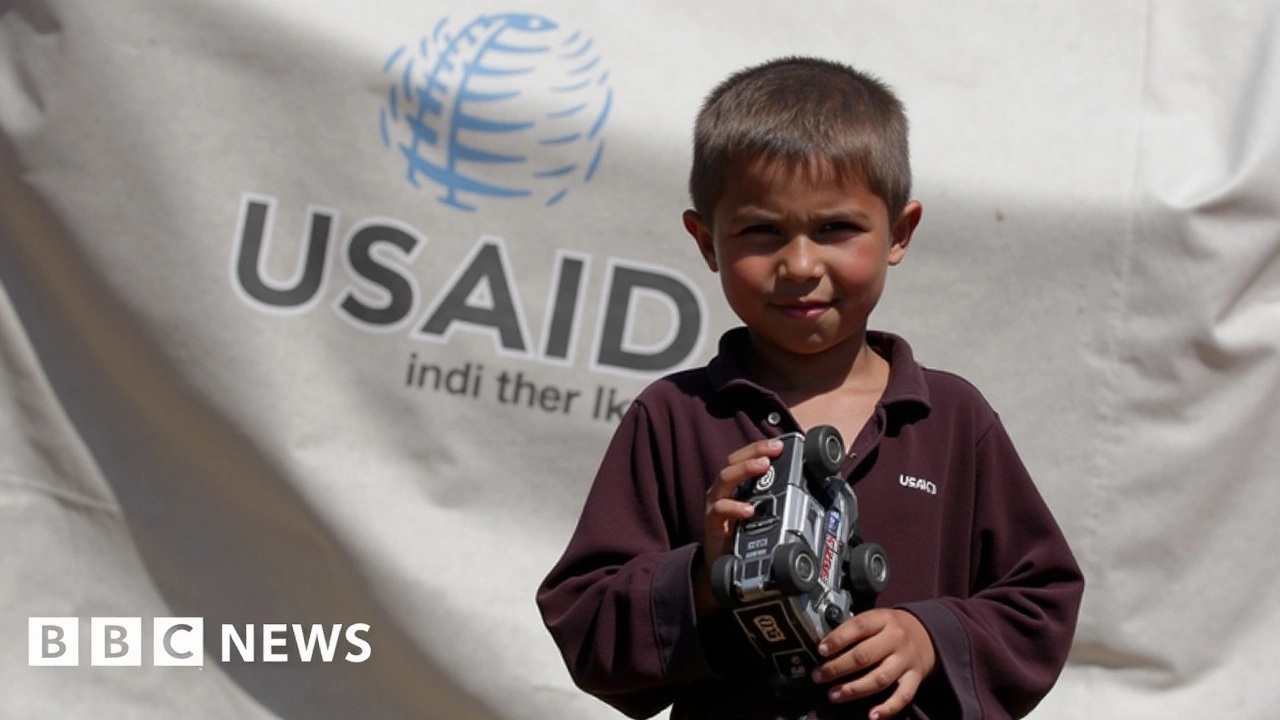
Political Tensions and Constitutional Concerns
The decision to freeze funds isn't just impacting frontline programs—it's igniting political tensions and discussions back home in the U.S. Critics argue that this move might be overstepping constitutional boundaries, acting as an executive overreach in financial prerogatives. Trump, however, remains unfazed, doubling down on his decision as necessary recalibration.
Stalwarts and Supporters
One might wonder if the decision is purely arbitrary. Enter Elon Musk: a figure synonymous with disruption, now channeling his influence towards political spheres. An ally of Trump, Musk is leading calls, albeit more radical, for the complete dissolution of USAID. It's an argument that finds resonance in circles advocating for reduced governmental footprint in international aid.
The ramifications of this funding freeze can't be overstated. It's a tense wait-and-watch moment for Indian officials and the global community, hinging on the strategic and philanthropic diplomacy between two world giants. Whether this is a temporary blitz or a precursor to broader long-term policy changes remains to be seen. The world, undoubtedly, holds its breath.
